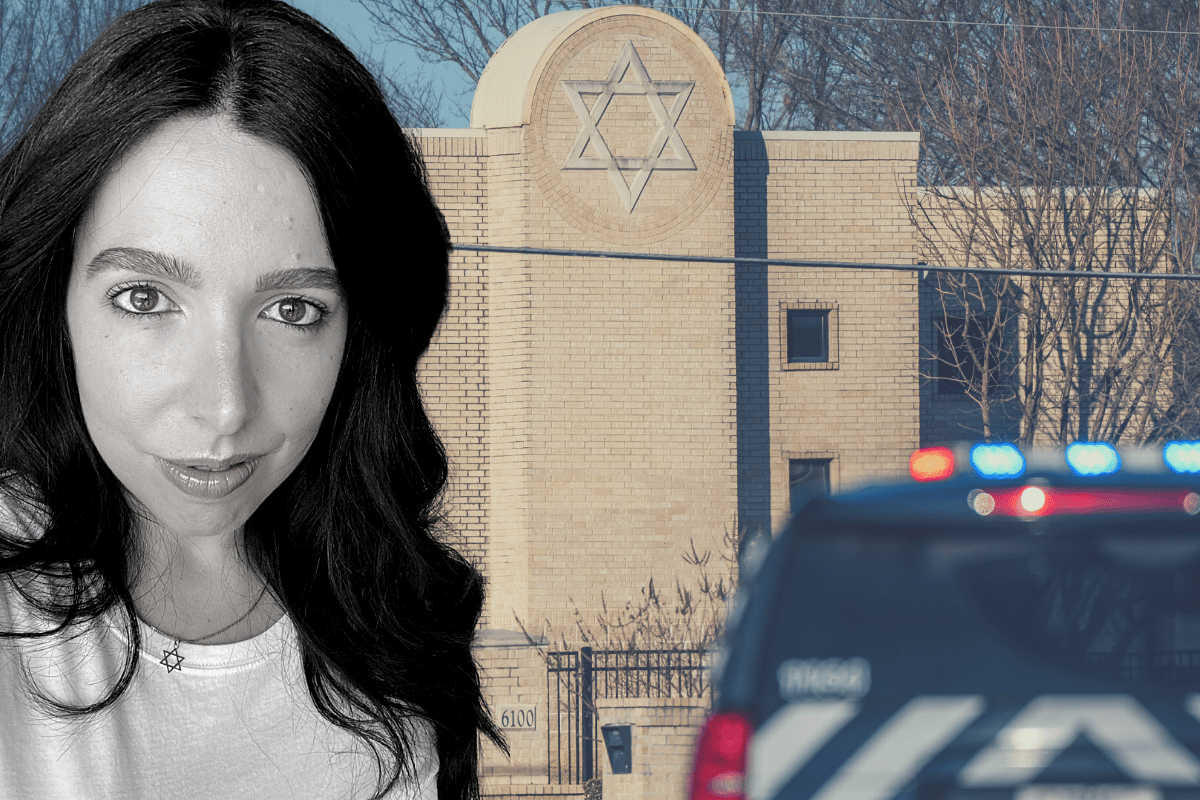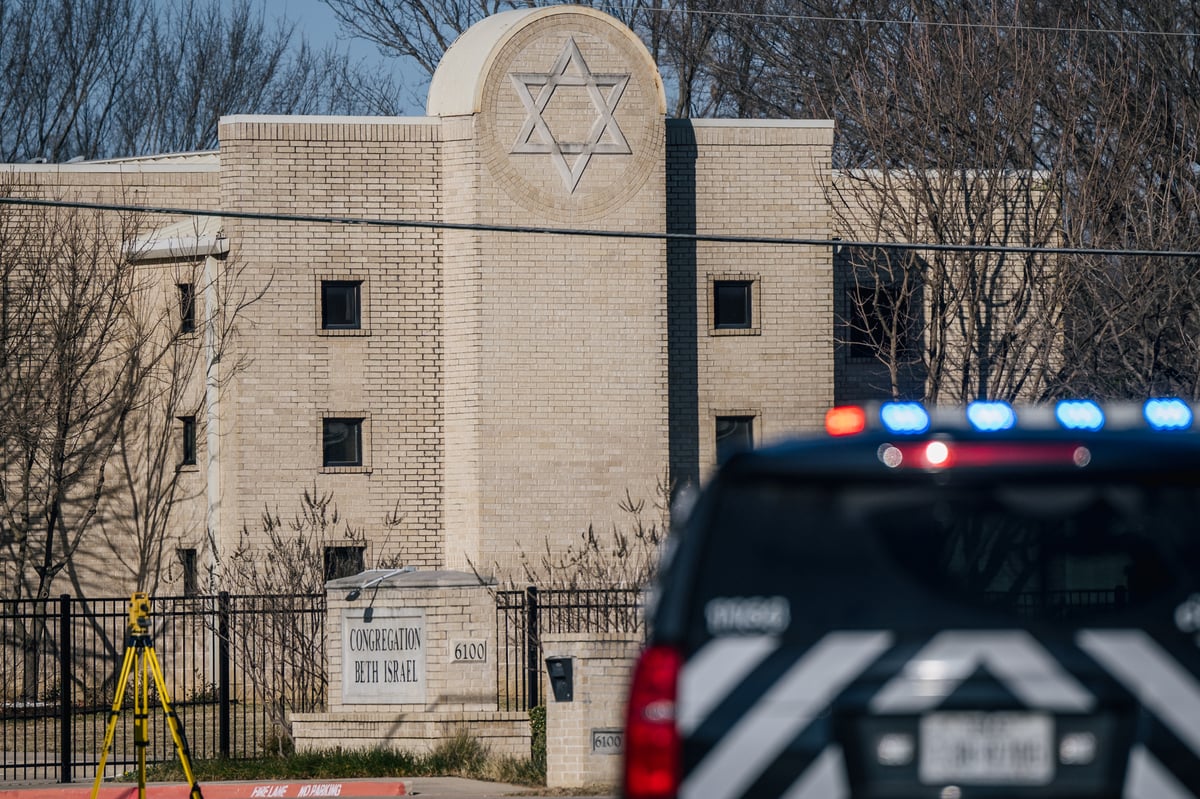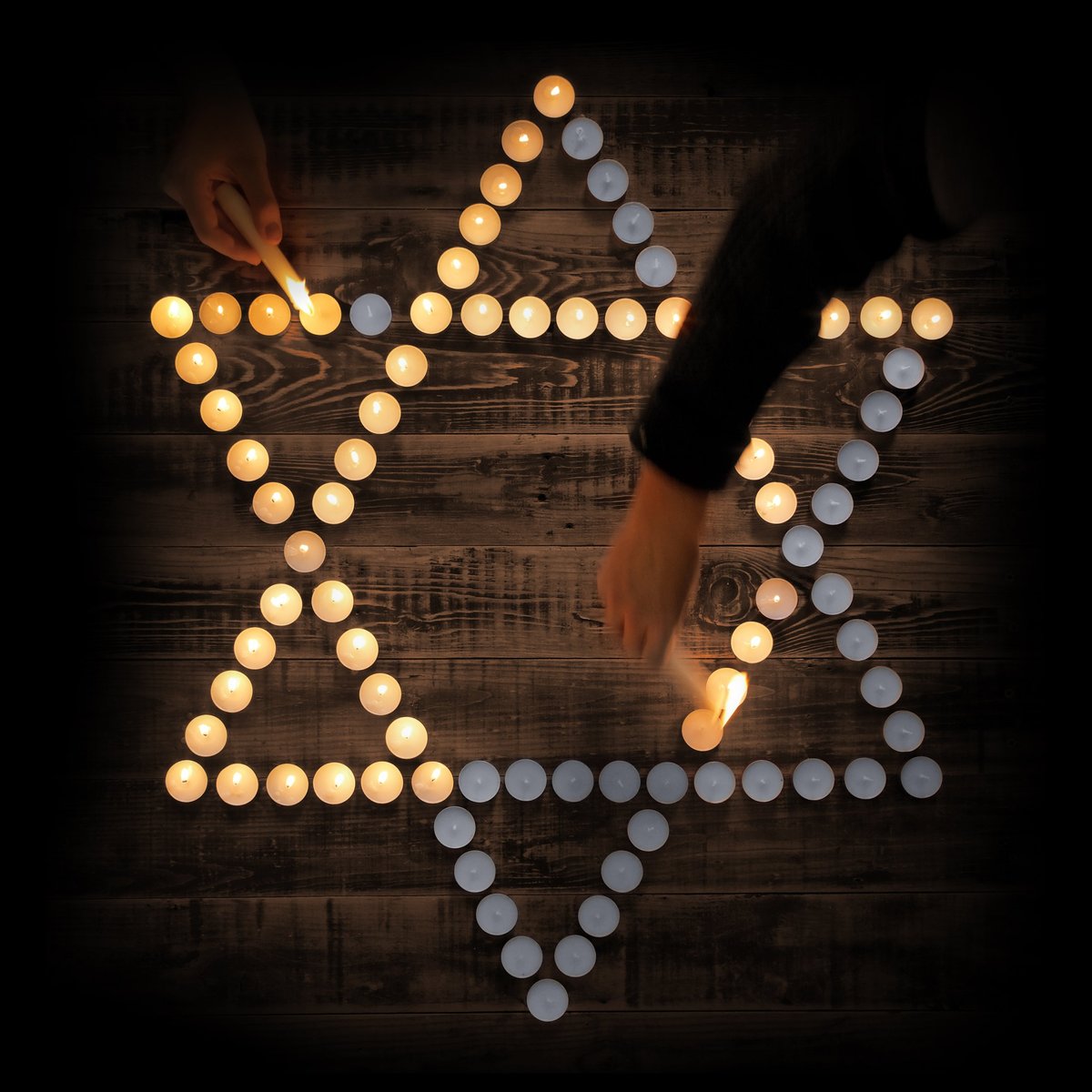
I had an escape route planned.
If I heard someone enter by force from the main entrance, hopefully I’d have enough time to race to the back door, down the stairs outside. And run.
Hopefully.
But what if someone was waiting on the stairs too? And what about everyone else left behind?
This is the reality of being Jewish in 2022 – In Australia. In the world.
Treasurer and Jewish Australian Josh Frydenberg on the rise of antisemitism. Post continues after video.
We don’t really speak of it out loud, but we’re mentally noting the exits, silently devising the quickest way to evacuate our synagogues, schools and communal organisations. Because, what if?
Our institutions are often built with bulletproof glass, without exterior signage – so as to not draw too much attention – are surrounded by high fences and under the watchful eye of CCTV and armed security guards.
It all sounds a bit dramatic. But unfortunately, it’s necessary.



Top Comments